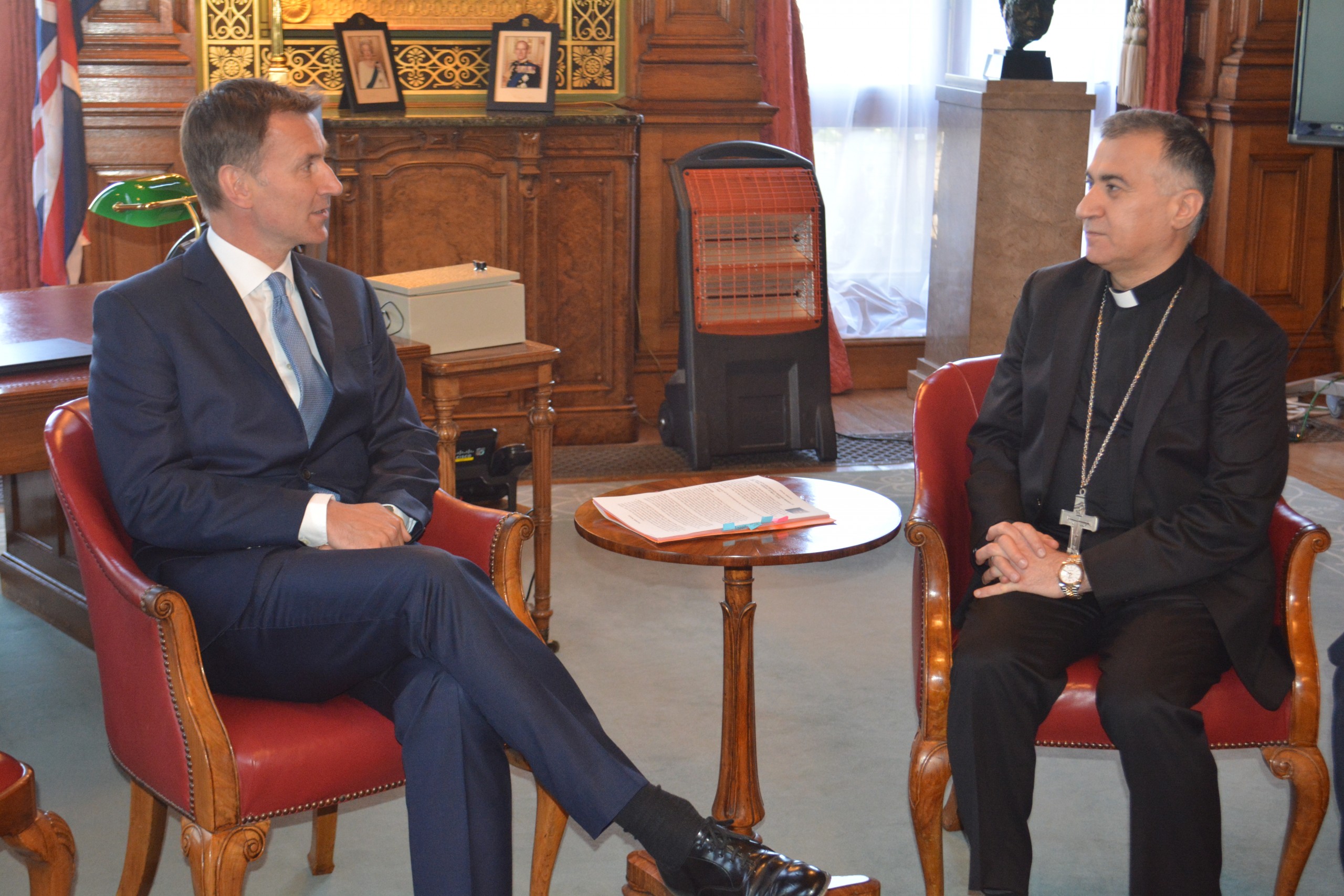Grateful for aid to Iraqi Christian genocide victims, the Chaldean Catholic archbishop of Erbil says more must be done to ensure the ISIS genocide is not repeated.
“The help was there, and that’s really made a big difference,” Archbishop Bashar Warda of the Chaldean Catholic Archeparchy of Erbil told CNA this week in an interview. He credited international Catholic aid groups, including the Knights of Columbus, Aid to the Church in Need, and the U.S. bishops’ conference, with helping Christian survivors of ISIS genocide recover and rebuild in Northern Iraq in recent years.
In 2014, the Islamic State of Iraq and Syria (ISIS) invaded Mosul and the Nineveh Plain in Northern Iraq, displacing hundreds of thousands. The Archdiocese of Erbil, with its seat in Iraqi Kurdistan, received more than 13,000 families and set about trying to provide for their needs.
After ISIS forces were driven back westward in 2016, families began returning to their homes in Nineveh. Of the 13,000 displaced families living around Erbil, around 9,000 of them returned to nine villages in Nineveh, while 2,600 families remained in Erbil; the rest left Iraq, Archbishop Warda said.
He emphasized that more must be done to ensure long-term security and stability for Christians in the region. “We should all work together as collective responsibility on not making it [genocide] happen again,” he said.
The archdiocese has been assisting displaced families for years, providing necessities such as food, shelter, and medicine, but also trying to ensure long-term stability through employment and educational opportunities.
“It’s not about showing the skills of how to care, or showing how generous we are. It’s about the people who were affected by this crisis, the families who were displaced, deprived from everything,” Warda said. “It’s not about us. It’s about them.”
Archbishop Warda spoke with CNA this week at the International Religious Freedom Summit in Washington, D.C. He was a keynote speaker at a plenary session of the gathering, which featured survivors of religious persecution as well as religious and civic leaders from around the world.





